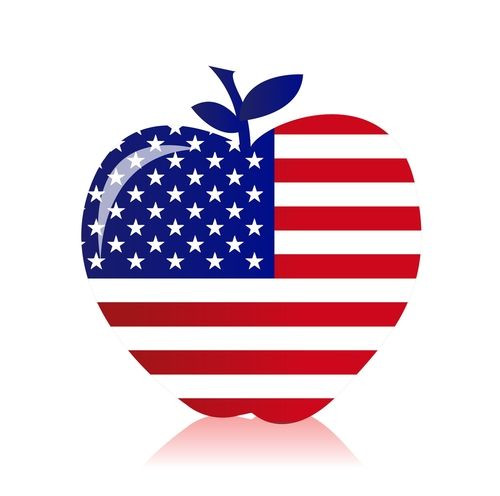Europe Bans American Apples, Fearing The Pesticide Used To Treat Them Is Carcinogenic

The European Union has recently banned non-organic American apples because farmers could not prove that the chemicals used to grow them were not harmful. This information comes from an analysis provided by the Environmental Working Group, a national environmental health research advocacy group.
The EWG says that many Americans are not aware their apples are being drenched with the chemical diphenylamine (DPA). The pesticide helps to prevent the skin of apples from turning black or brown during months of storage. The most recent tests done by the U.S. Department of Agriculture in 2010 found that DPA is on 80 percent of U.S. apples.
“While it is not yet clear that DPA is risky to public health, European Commission officials asked questions that the chemicals’ makers could not answer,” said EWG senior scientist, Sonya Lunder. “The EC officials banned outright any further use of DPA on the apples cultivated in the European Union until they are confident it is safe. Europe’s action should cause American policymakers to take a new look at this chemical.”
DPA is a regulated pesticide that has been used in the U.S. since 1962, and it’s probably one of the most widely used one as well. The main concern for EU officials was the possible presence of nitrosamines, carcinogenic chemical compounds. There is a substantial amount of evidence linking nitrosamines to cancer.
In 2012, when the European Food Safety Authority could not prove that DPA was safe, they dropped the allowable level for imported fruit to 0.1 parts per million. In the U.S., the apples are 0.42 parts per million. U.S. apple growers could lose $20 million dollars in annual exports with this ban.
Nevertheless, health and environmental advocacy groups applaud the efforts that the European government is trying to make. “Americans, particularly parents of young children, deserve the same level of concern from our government,” Lunder said. “Apples, apple juice and applesauce are staples in the diets of millions of children, so if there are potential risks to kids from DPA, we need to know now.”



























